Schools Programme – Primary & Second Level
INSPIRING CREATIVITY
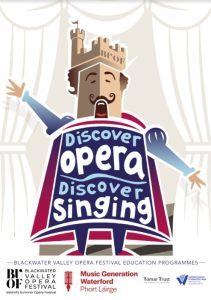 With the backing of the Tomar Trust, the BVOF Discover Singing and Discover Opera school programmes in collaboration Music Generation Waterford, continue to expand in 2025 for local primary school pupils. These initiatives allow children and their teachers to explore the imaginative world of opera – fostering conversation, critical thinking, and plenty of enjoyment through a new and immersive artform.
With the backing of the Tomar Trust, the BVOF Discover Singing and Discover Opera school programmes in collaboration Music Generation Waterford, continue to expand in 2025 for local primary school pupils. These initiatives allow children and their teachers to explore the imaginative world of opera – fostering conversation, critical thinking, and plenty of enjoyment through a new and immersive artform.
The BVOF | Music Generation Waterford education outreach programmes consist of classroom workshops and conclude with thrilling opera trails and a singing workshop for pupils in Lismore during the festival. 150 students from Discover Singing, in collaboration with Music Generation Waterford, performed a special short concert at Millennium Park, Lismore as part of the 2024 festival opening ceremony.
Over 6,500 students have taken part in BVOF education programmes since they began. Our initiatives highlight the power of music in enriching young lives and strengthening our community. Through diverse educational programmes and special opera dress rehearsals for schools, we continue to make a lasting difference in the lives of young people, fostering a lifelong love for the arts.
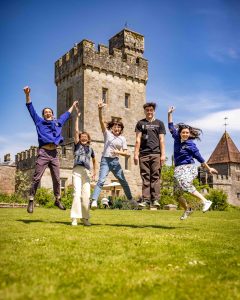
DISCOVER OPERA and DISCOVER SINGING
Education and outreach continue to thrive in partnership thanks to Shauna McCullough and the team at Music Generation Waterford. Discover Opera and Discover Singing are unique schools programmes in partnership with Music Generation Waterford for children from local primary schools across Waterford. The projects allow children and their teachers to dive into the curious and creative world of opera. ‘Discover Opera’ and ‘Discover Singing’ programmes include a series of online and classroom workshops, culminated in exciting new opera trails and projects, for participating schools at Lismore Castle Gardens during our summer festival. Demand is high, so applications are encouraged as early as possible. Thousands of local school children and students continue to enjoy our education outreach programme and opera dress rehearsal for schools.
The projects allow children and their teachers to dive into the creative world of opera – inspiring dialogue, critical thinking, and tons of fun! This programme of outreach classroom workshops throughout the year, culminates in exciting opera trails for children at participating schools in Lismore Castle Gardens during the festival. Our gratitude to Maeve Kavanagh and the Tomar Trust for providing the anchor funding for the education initiatives until 2025, benefiting thousands of children and young people.
CLASSROOM OUTREACH WITH BLACKWATER VALLEY OPERA FESTIVAL AND MUSIC GENERATION WATERFORD
Our festival is committed to fostering a love of music and opera in the next generation through our education and outreach initiatives. We run a thriving schools programme based on our commitment to fostering a real passion for music in young people today. BVOF collaborates with Music Generation Waterford to run outreach programmes with access to performance music education for local primary school children.
Blackwater Valley Opera Festival continues to enhance its commitment to education by welcoming Eilís Dexter – mezzo-soprano, and Michael McCartan – bass-baritone, as our dedicated Educational Artists. In partnership with Music Generation Waterford, they spearhead our innovative education programmes, Discover Opera and Discover Singing. This collaboration enriches and expands artistic engagement, offering transformative experiences and an appreciation of opera and vocal performance for all students.
Music Generation Waterford (MG Waterford) is part of Music Generation, Ireland’s National Performance Music Education (PME) programme. The programme is co-funded by Waterford and Wexford Education and Training Board and Waterford City and County Council. Nationally, initiated by Music Network, it is co-funded by U2, the Ireland Funds and the Department of Education and Skills.
OPERA DRESS REHEARSAL FOR SCHOOLS
Helping to secure the future of classical music in Ireland is central to Blackwater Valley Opera Festival’s ambition and purpose. To this end, BVOF is committed to bringing the magic of opera to children and younger people. We aim to awaken a lifelong appreciation of the art form and in so doing, to give rise to future generations of committed audiences and performers.
At each and every festival we invite local children to attend the opera dress rehearsal schools night. For most of our young guests, this is their first encounter with live opera – an unforgettable evening that will transport them into a different world. It is our hope that the richness of performance and the powerful delivery of passionate arias will leave a lasting impression on our young audience.
Before their visit to Lismore Castle, our young guests are introduced to the world of opera through our digital classroom programme, ‘Opera…What’s it All About?’ The event proves just how exciting and enjoyable a night at the opera can be, making it a pivotal experience in our educational outreach and a compelling opportunity for philanthropic support.
To find out how to register your school and for more information on how to get your child’s school involved in our amazing schools programme – please get in touch with your details here.
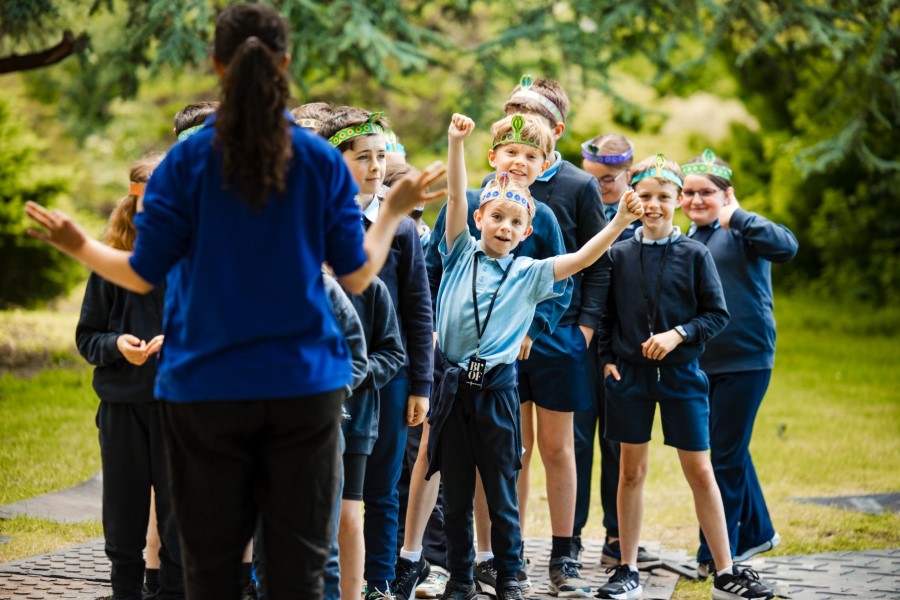
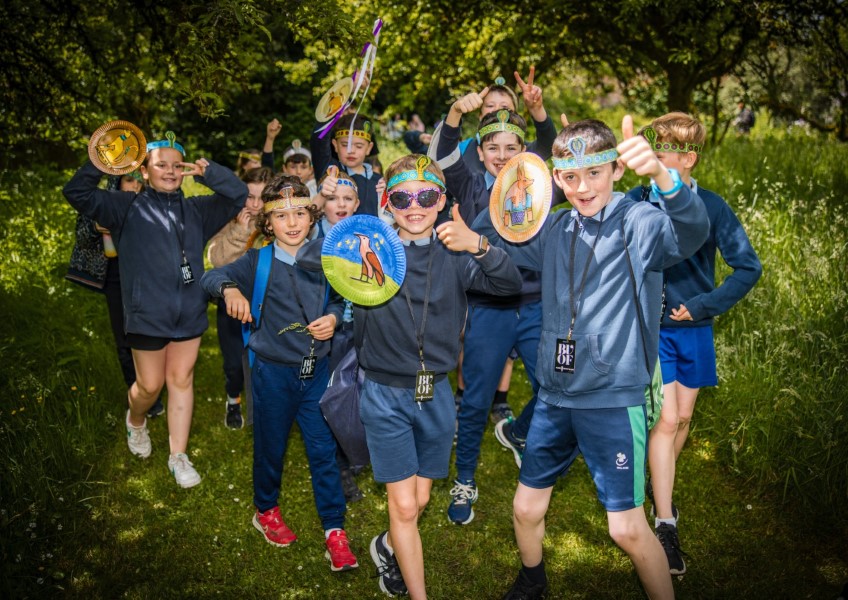
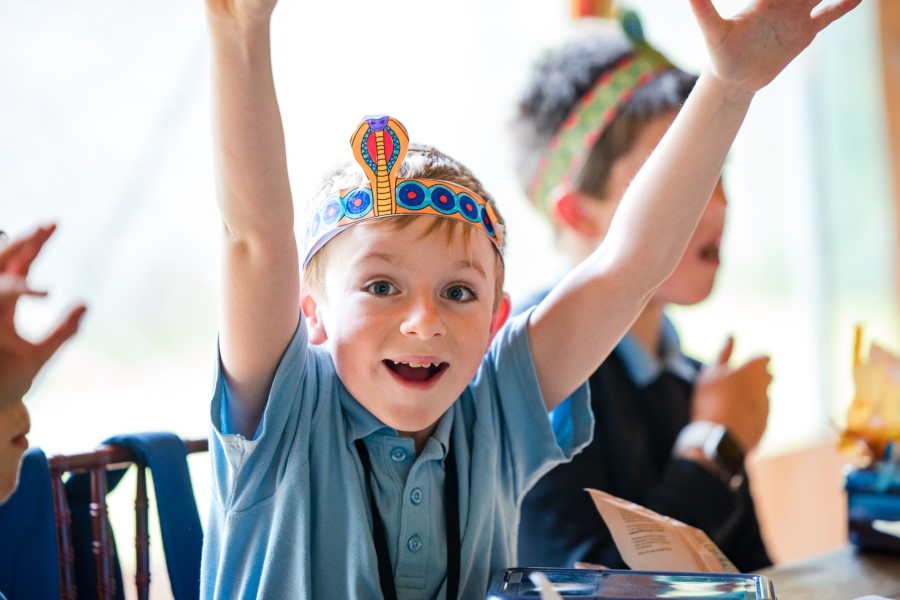
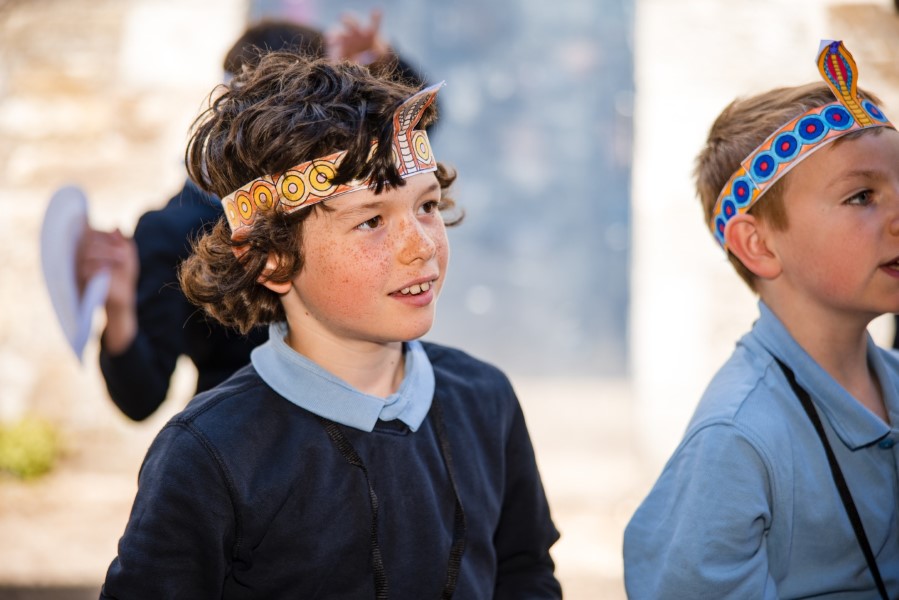
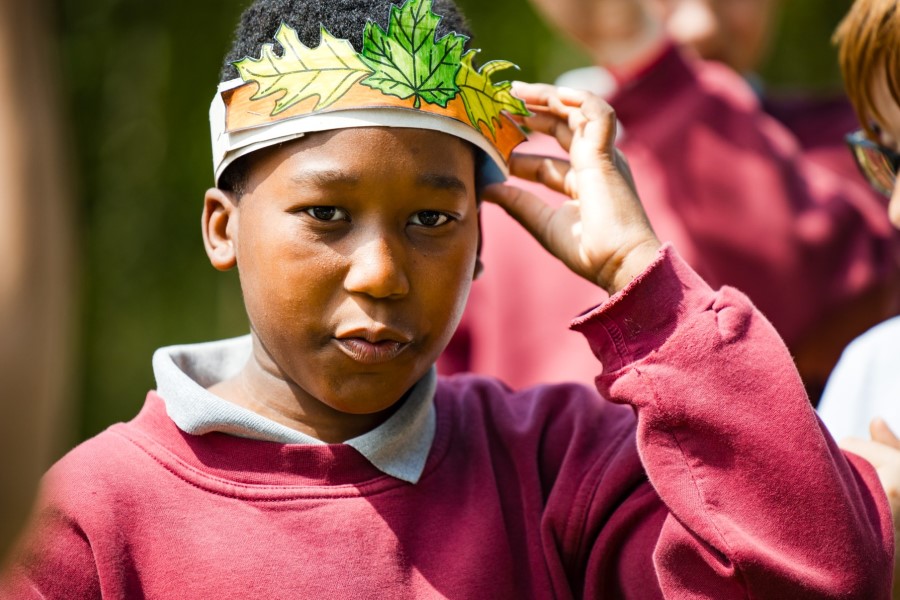
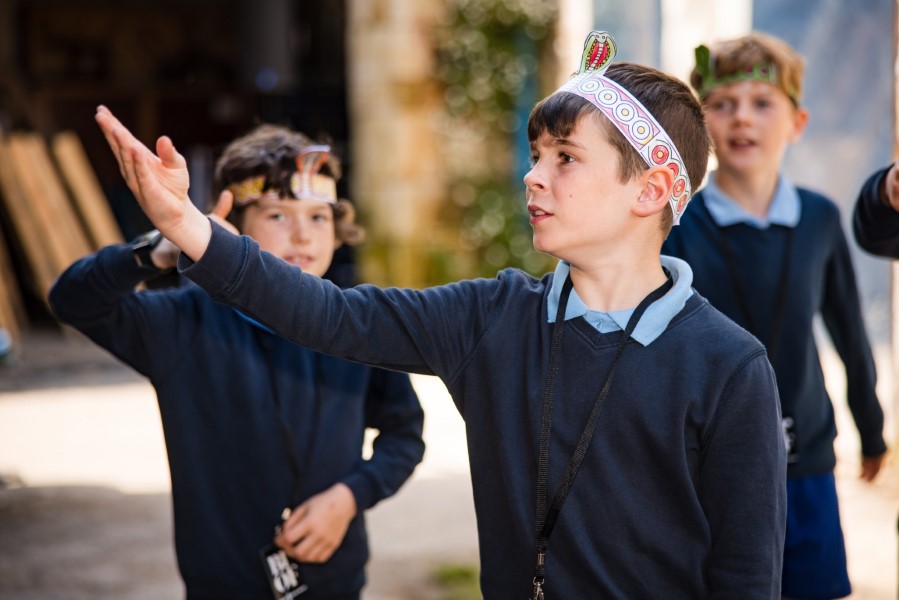
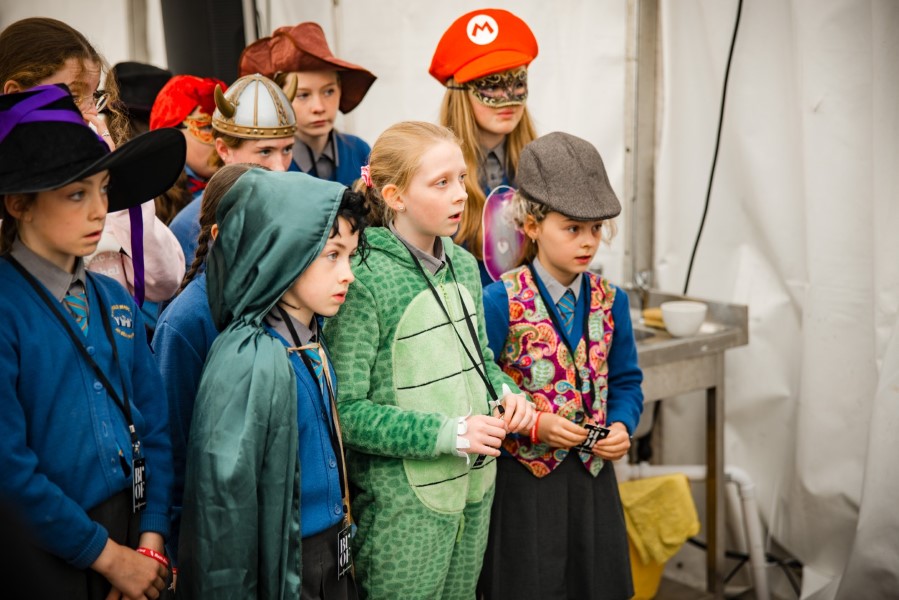
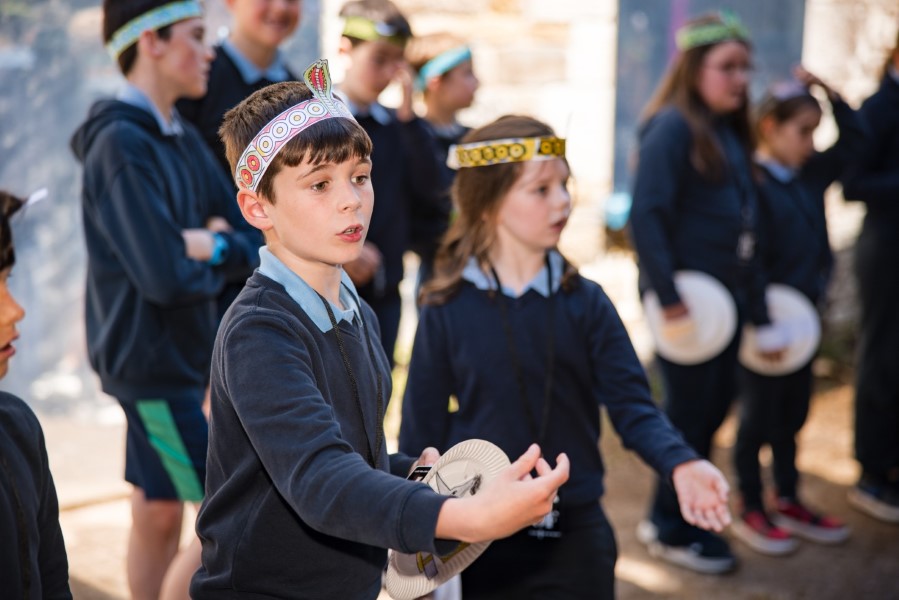
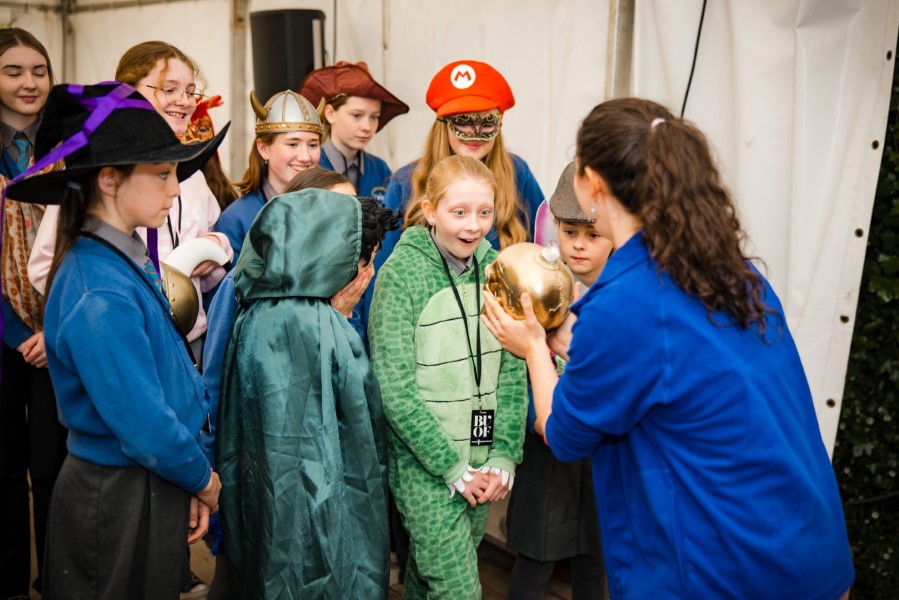
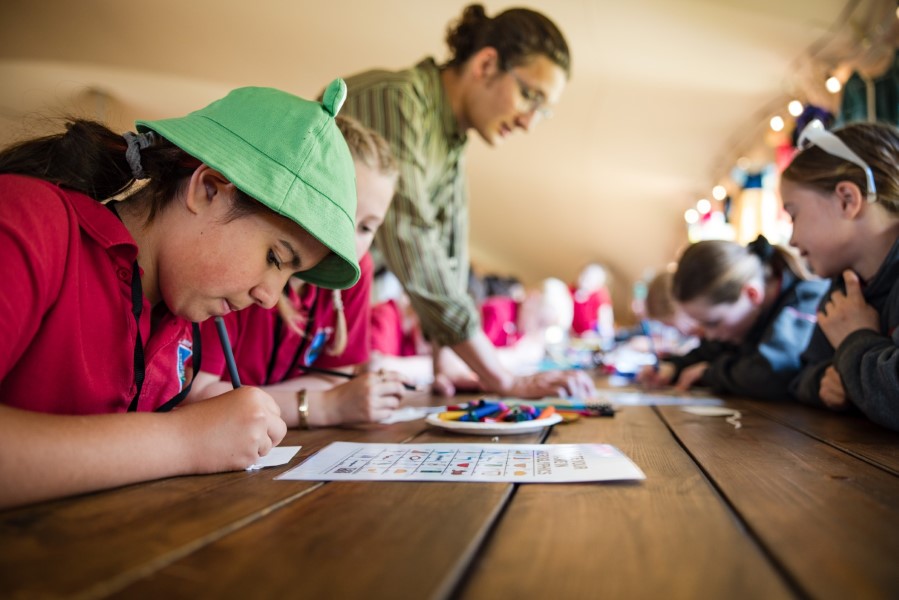
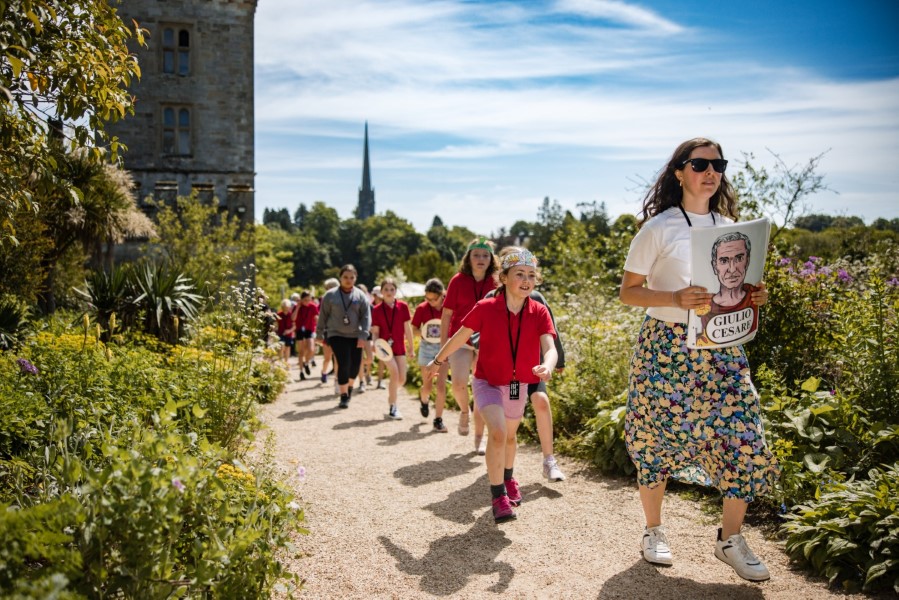
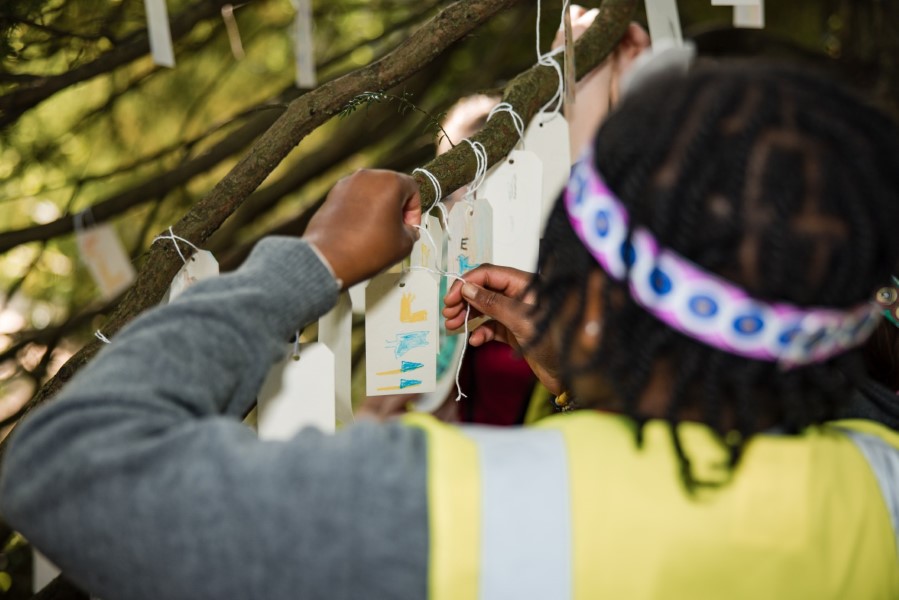
Five Tips Before Going to Your First Opera – BVOF Programme for Schools
1. What is opera?
Opera has been around for hundreds of years but that doesn’t make it old news. Opera is an exciting display of incredible singing, costuming, scenery, and plots filled with life, death, love, tragedy, and so much more. “Opera” is plural for the word “opus” which means work, and opera is the blending of multiple works: music, text, costumes, dance, staging, scenery, emotion. Regardless of what your interest is, you can always find something that you can relate to. While this art form is full of tradition, it is easily accessible and meant to be enjoyed by all, regardless of operatic knowledge.
2. Opera singers are athletes
When you’re watching these singers on stage, remember that they are performing a multiple hour production from memory. They have not just memorized the text but also the entire score (music), they are singing in a different language (with correct pronunciation), acting, while covered in makeup, wearing heavy and elaborate costumes, performing under hot lights, and singing over an entire orchestra without any form of amplification.
3. Forget what you think you know about opera and try it!
There are a lot of stereotypes about opera performances and opera audiences that do not match the experience at the Blackwater Valley Opera Festival. Yes, there is an orchestra and the story is primarily told through singing, but there is a full plot to follow, dynamic scenery and costumes – all of the performing arts at once! And while you may see an elegantly dressed couple enjoying an evening out at the opera, you’re also likely to see young hipsters, multi-generational families, and many other types of people at performances.
4. Come prepared
A little background before attending helps you enjoy the performance better. Don’t worry about spoiling the ending! Arrive a few minutes early, read the synopsis in the program to become familiar with the plot, and enjoy the whole opera experience. It’s also a good idea to listen to a few of the “greatest hits” from the opera (easily found on YouTube) so that you recognize some of the melodies and it feels familiar while you’re sitting in the audience. You might even surprise yourself with how much you already recognize!
5. Opera is about the whole experience
The whole evening should be enjoyable. Take advantage of the intermission that allow you to stretch your legs, read the program notes, use the restroom, check out the orchestra, and reflect on what you’ve just experienced in the opera. It’s about enjoying the whole experience; being in the gardens and at the stables of Lismore Castle, people watching, being absorbed in the drama and music, wrapping yourself up in the excitement of the entire event.
The Essential Four Elements of Opera – BVOF Schools Programme
Opera, at its core, is a way to tell a story through music and singing. Since its invention in the late 16th century in Italy, it has continuously evolved, becoming the universal art form known today. Drama, poetry, visual arts and sometimes dance interact with music to create a unique alchemy that changes show after show, production after production. An opera is composed of four essential elements: the text (‘libretto’) and the music, the singing and the staging.
1. The libretto
The libretto is the ‘script’ of an opera. It can be an original creation, sometimes written by famous poets or novelists (as Hugo von Hofmannsthal and Stefan Zweig for Richard Strauss’s works), but often is an adaptation of plays (Shakespeare was a great source of inspiration for librettists), tales or novels. The subjects developed in libretti are various: forbidden love, infidelity, revenge, craving for power, war, ancient myths or historic events…
All human passions are represented in opera. Love, Tragedy and Death are often at the heart of the plot. The characters, sometimes torn between their feelings and their duty, are confronted with extraordinary situations and are carried away by their heightened feelings. Love at first sight, sacrifice, enchantment, courage, suicide or murder: all extremes can happen. Some characters are punished for their crimes, other find redemption or are stricken with remorse… and sometimes there is a happy ending!
2. The music
Music is a necessary and inextricable component of opera, but it is surprising nowadays to think that it has not always played the lead role. For the first composers, who were inspired by Greek tragedy, it was ‘Prima le parole, dopo la musica’ (‘The words first, the music after’). Throughout history the libretto and music have alternately claimed primacy, although in reality they complete and exalt each other, intensifying the passions of emotions of the actions and the characters.
Composers exploit the extraordinary suggestive power of music in order to create particular atmospheres that lyrics or staging cannot create. Some authors use recurrent musical motifs to represent a character, an emotion or a concept. In Tristan and Isolde, Wagner extensively uses motifs to indicate for example Tristan’s sorrow, the arrival of dawn, the sea or the Love Potion which damns the lovers to love each other in perpetuity. The opening chords of the opera introducing the lovers’ impending fate resonate several times throughout the opera until they find a resolution in its very final moments.
3. The singing
Unlike other kinds of music, operatic singing is very structured and has different types of voices associated with different types of roles.
There are different voices classified in six principal categories, from the highest pitched to the lowest: soprano, mezzo-soprano, contralto for women; and tenor, baritone and bass for men. Moreover, voices are characterized according to their power and agility: they can be light, lyric or dramatic. A light voice is not very powerful but can easily reach the high notes and vocalises, unlike a dramatic voice which is powerful but less agile.
4. The staging
Before the 20th century, the theatrical dimension of an opera performance was left on the side. The staging became important when the programming of opera houses became more focused on the existing repertoire than on new creation.
This does not mean that going to the opera was in any way less entertaining in the past. Opera stages have always been an extraordinary place, with spectacular visual effects and big machinery. The possibilities of staging have benefited from technical progress, and now special effects, digital technology and image projections are used in many productions.
A staging is not a simple illustration of a work: it carries a new concept or meaning. The director proposes a new reading of an opera. This view may be close to the libretto and the author’s conceptions or a more personal interpretation of the work. Some directors transpose the action to another era, in another situation or in a timeless and immaterial context.
These transpositions bring out certain dimensions of the works and enrich their significance by disclosing some of their unknown aspects. For example, in a modern production, the themes developed in a baroque opera can be treated as very actual. These perspectives adopted by directors change the way that audience sees and understands the works. Opera recreates and reinvents itself constantly. Before the rise of the curtain, nobody knows what will happen on stage. That is what makes opera so exciting.

